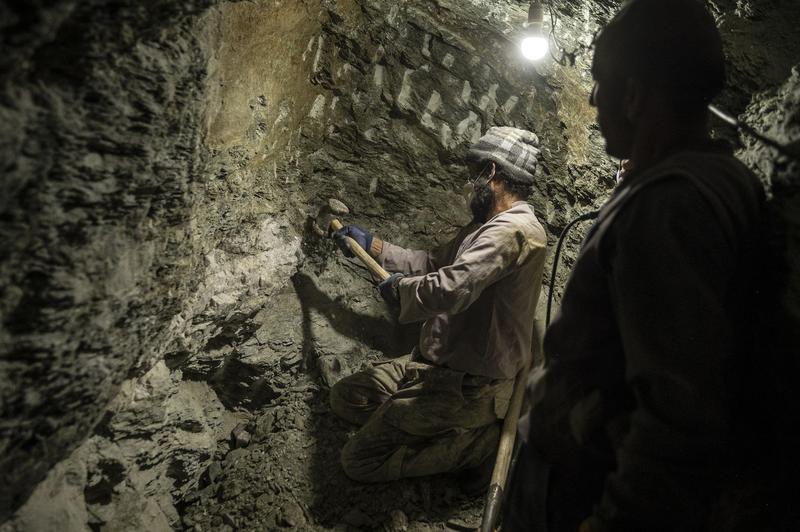Romanian MPs voted on Tuesday a series of changes to the Penal Code that would boost their immunity in case of corruption charges. The vote, which prompted media to call it "The Black Tuesday" of Romanian democracy, sparked a series of harsh reactions from Western embassies and international institutions on Wednesday. "This move by the Parliament is a step away from transparency and rule-of-law and is a discouraging sign for investors", said the US Embassy to Bucharest in one of its harshest positions on Romanian events for years.
The House adopted on Tuesday two pieces of legislation changing the Penal Code, including a series of amendments adopted in last minute talks by members of the Judicial Commission of the House. MPs changed the definition of the "conflict of interests", removed administrative documents from the coverage of conflict of interests rules, removed MPs, the President and liberal professions from the ranks of public servants and adopted rules that helps officials who are facing charges.
The changes mean, among other things, that MPs would no longer be valid subjects of investigations by anti-graft prosecutors under corruption charges related to public servants - such as abuse in office or conflict of interests. Mayors and ministers would no longer be accused of conflict of interests for administrative documents they sign and which may benefit relatives.
Two other controversial changes to the law - a new low on lobbying and one providing easier amnesty terms for indicted politicians or officials among others - were temporarily shelved following political protests.
Only two filters remain until the changes to the Penal Code take effect: the Presidency and the Constitutional Court.
The moves sparked a series of harsh reactions from Embassies and international institutions on Wednesday.
The US Embassy said in one of its toughest statements ever that:
- "A basic tenet of democracy is that all people are equal under the law.
- "The amendments to the penal code passed yesterday in the Chamber of Deputies would represent a step backward for Romania. It is very discouraging that these revisions were passed with no consultation, no debate, and no opportunity for judicial authorities or civil society to respond to the proposed amendments.
- This move by the Parliament is a step away from transparency and rule-of-law and is a discouraging sign for investors, which will negatively affect Romania’s economy. Transparency, predictability and stability are critical factors for all investors, domestic and international, when they consider where to invest."
European Commission spokesman Mark Gray said the EC position on the changes will be seen in a future report on Romanian progress in the field of justice due in January and that European officials who visited Bucharest last month to prepare the report were not informed about any of the changes.
The Dutch Embassy said it was following the events with concern and was expecting future developments.



















